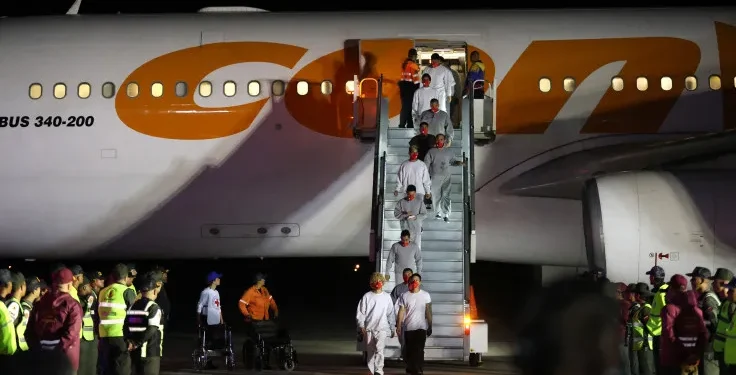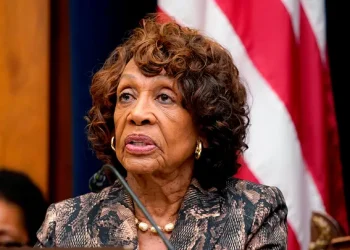WASHINGTON, D.C. — In a dramatic escalation of immigration enforcement, the Trump administration has deported more Venezuelans in just four months than the total removed during the entire 2019–2023 period under both Trump’s and Biden’s previous terms.
According to figures from Venezuelan nonprofit Votoscopio, at least 3,078 Venezuelans have been deported since January 2025. That’s compared to 3,256 deported over the past four years combined. The deportations include 273 women and 29 children, countering earlier claims that the removals focused exclusively on individuals with criminal backgrounds.
The rapid increase in deportations is tied to 24 repatriation flights, most operated by Conviasa, Venezuela’s state airline—which had been previously sanctioned by the U.S. Notably, two of the flights originated from Guantánamo Bay, with one carrying individuals allegedly connected to gangs.
Political Backdrop and Oil Deal Speculation
This spike in deportations is reportedly linked to quiet negotiations between the Trump administration and Venezuelan President Nicolás Maduro. The Miami Herald reports that Maduro’s cooperation in accepting deportees may be in exchange for U.S. concessions, including a Chevron license extension to export Venezuelan oil.
Secretary of State Marco Rubio, however, denied that any deal was in place, asserting Thursday that Chevron’s license will expire as scheduled next week.
Sources in Caracas suggest the potential agreement could allow Maduro to remain in power while granting broad access to U.S. oil and mining companies. In return, Maduro is reportedly seeking:
-
Removal of U.S. sanctions
-
Dropping of drug trafficking charges against top Venezuelan officials
Legal and Political Tensions
Legal analysts question whether the executive branch can unilaterally dismiss criminal charges, while the political consequences of any such deal are already sparking controversy in Washington.
Three prominent Cuban American House Republicans—Mario Díaz-Balart, María Elvira Salazar, and Carlos Giménez—have vowed to oppose any license extension for Chevron. Speaking to Venezuelan journalist Carla Angola, Rep. Salazar stated:
“Of course we will [block it], we are members of Congress. President Trump promised to reverse Biden policies and he is doing it. We can’t sell out democratic principles over four dollars.”
What’s Next for Venezuelan Immigrants?
The future remains uncertain for hundreds of thousands of Venezuelans living in the U.S. under Temporary Protected Status (TPS). A recent Supreme Court decision has enabled the Trump administration to rescind TPS, potentially opening the door to mass deportations.
While Maduro has reportedly allowed 5,000 deportees to return from the U.S., Mexico, and Central America, critics warn that the U.S. may be trading human rights and democratic values for economic leverage.








